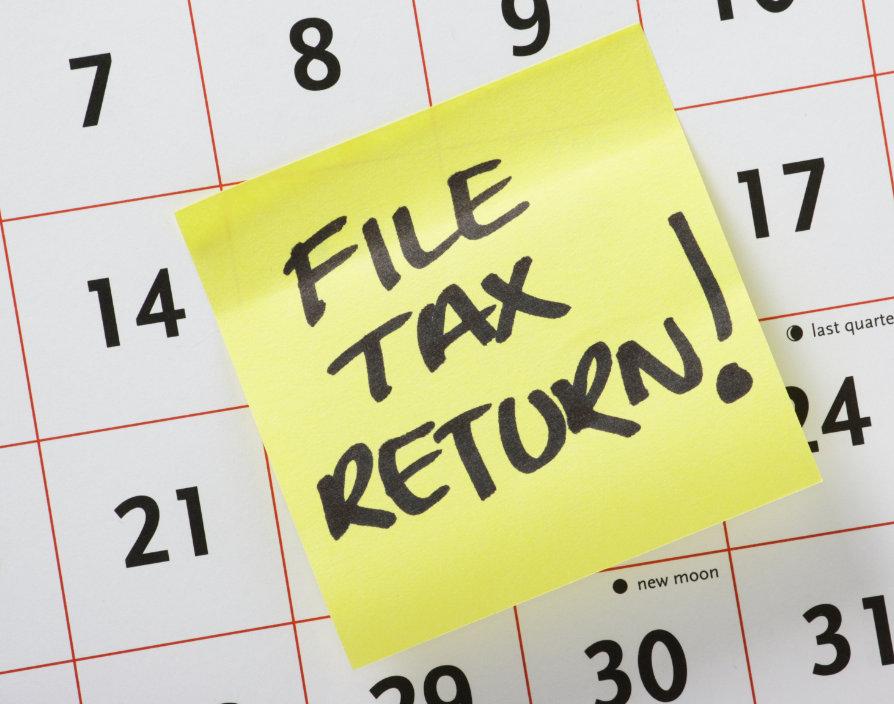There’s something about human nature that often makes us leave things until the last minute. Some of these deadlines don’t carry huge consequences, but for small business owners, the end of January tax deadline is a critical one.
Despite this, many inevitably leave this process until the last minute or don’t take action at all. In fact, HMRC figures showed that 1.1 million people missed the self-assessment tax return deadline on the 31st January this year.
Whether you’re an established small business or a fledgling online seller, tax returns can fall down the priority list in such a difficult trading environment. But there are ways to make tax deadlines less stressful. That doesn’t just mean playing catch up to minimise fines for late returns, but also getting ahead for next year to avoid repeat mistakes.
Here are some things to consider for next year, as we put this self-assessment deadline behind us.
Figure out what your position is
Even without the potential misinterpretation of the side hustle tax, it can be hard to determine when a ‘hobbyist’ (perhaps someone selling personal possessions) becomes a ‘trader’ that is subject to taxation. Thankfully, it only takes a few simple steps for sellers to check their tax eligibility with HMRC. Groups like landlords or AirBnB operators have occasionally fallen through the cracks of this criteria, but ultimately, anyone meeting the tax threshold should be paying – or risk facing penalties.
That doesn’t mean there is no support available for taxpayers. Those small businesses with turnover exceeding £1,000 should understand their eligibility to claim Trading Allowances, allowable business expenses and their tax liability to ensure their money works best for them. With access to these allowances on the line, it’s imperative to keep accurate records throughout the year; without these, some taxpayers may miss out on claiming them.
Don’t go it alone
The most important thing for small businesses when it comes to taxes is leaning on the support of an accountant or bookkeeper. They are invaluable partners to business owners, providing ongoing support through record keeping, advising what digital tools to use, managing expenses and deductions and crucially, preparing and filing returns. This saves business owners time and helps them avoid penalties.
Calculating tax liability can be confusing. It becomes even more complicated if you find yourself having to look back and declare trading income from past tax years if it has been missed from previous returns, or you didn’t register for a self assessment tax return in the first place. For those uncertain about what their tax position is for current and previous years, seeking advice from an accountant or bookkeeper is the best move.
Transparency is key – and getting advice from a trusted professional is the only robust way of avoiding any compliance mistakes. Their job is made far easier if they are engaged at the start of the tax year to give them a full picture of business finances.
Get ahead of the game
Getting on top of your finances and record keeping isn’t just important for tax deadlines, it helps make the process easier in future and has benefits far beyond taxes. The UK’s Making Tax Digital (MTD) initiative mandates the use of software for maintaining digital records and submitting tax returns online. And while that doesn’t become mandatory for all small businesses until April 2026, staying ahead of the curve can allow time to adapt, adjust workflows and gain greater control of your financial position.
Keeping a digital paper trail in one place, and in real time, helps guarantee transparency and avoid any nasty surprises when it comes to paying tax. The sooner this happens, the more ready a small business will be when MTD kicks in.
Practice proactivity
The January 31st deadline can be stressful for business and individuals, but it doesn’t have to be that way. Submissions for the following year’s self-assessment deadline open on 6th April, so start proactively planning your tax processes early to make this a year-round process rather than a last minute dash.
Completing your returns earlier in the new financial year will also allow you to better plan cashflow. For example, a business owner might find they’ve had a better trading period than expected and re-adjust the tax they need to pay accordingly. By tackling tax returns as early as possible in the year, upgrading record keeping to create a digital paper trail and partnering with accountants, small businesses can ease the pain of deadline season – whether it’s this year or next.
Share via:









































